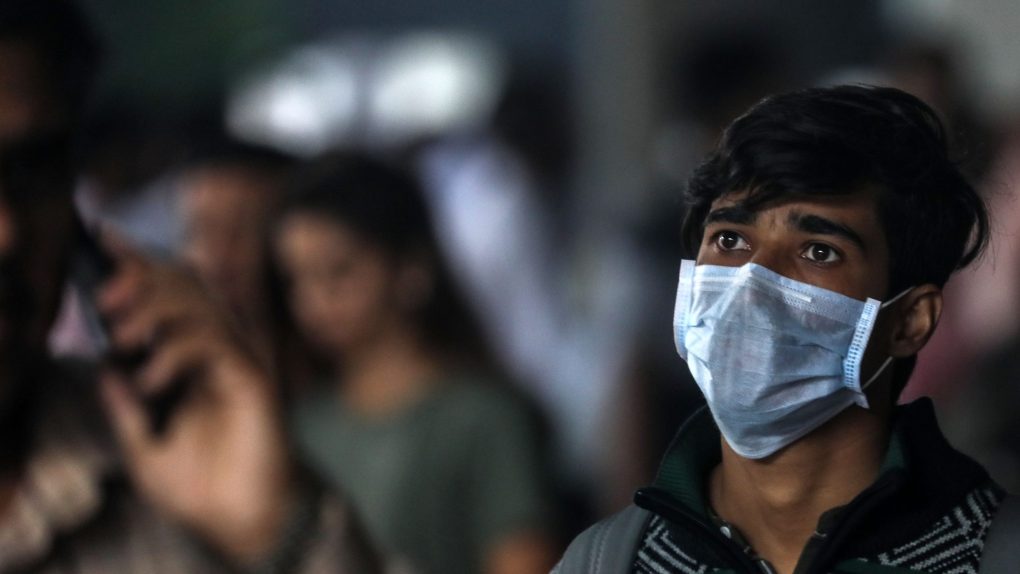- A coronavirus vaccine is in development at the University of Pittsburgh’s Center for Vaccine Research.
- The COVID-19 vaccine is based on an existing measles vaccine that has been modified using genetic material from the novel coronavirus.
- Animal trials of the experimental vaccine will first be needed before human trials can be considered. Even if the trials are successful, we could be 18 months away from seeing a coronavirus vaccine become widely available.
- Visit BGR’s homepage for more stories.
Scientists from the University of Pittsburgh’s Center for Vaccine Research are testing out an experimental new vaccine developed using an existing measles vaccine. As KDKA reports, the researchers have genetically modified a measles vaccine using the novel coronavirus, attaching the new genetic material to the vaccine in the hopes that it will prevent the virus from taking root inside a host.
At present, there is no publicly available vaccine to protect against COVID-19, and while a number of research efforts are underway, it will likely still be up to 18 months before we can vaccinate against the virus.
The novel coronavirus is incredibly contagious and spreads easily through a population. The virus can infect a person for as long as 14 days before triggering symptoms. During that period, a person may be highly contagious and continue to spread the virus to otherwise without realizing it. That’s what scientists believe is leading to such booming numbers of confirmed cases, and why staying home and practicing social distancing is so incredibly important.
Experimental vaccines have seen limited testing thus far, with only small human trials taking place for a small number of newly-developed drugs. This new, modified measles vaccine is yet another possible candidate for human trials, but first, it will have to go through the same early test phases as the others, including animal testing, before it can be given to humans.
Once a vaccine is shown to be safe in animals, it can be tested in humans, but even if the drug proves to be both safe and highly effective, the path toward making the vaccine available is long and daunting. It can take anywhere from a year to 18 months for a proven vaccine to be produced on a large enough scale to be distributed, and even then, organizing vaccination programs will take time and effort.
At the moment, our best defense against the spread of the virus is to practice social distancing and stay home whenever possible. If you can do your job from home, do it. If you’re living in a state with a shelter-in-place order and your job is non-essential, you should be staying home and avoiding contact with others.
These measures will likely need to continue for months as we work toward a vaccine. In the meantime, ensuring that a spike in new cases doesn’t overwhelm our healthcare systems should be our top priority.








